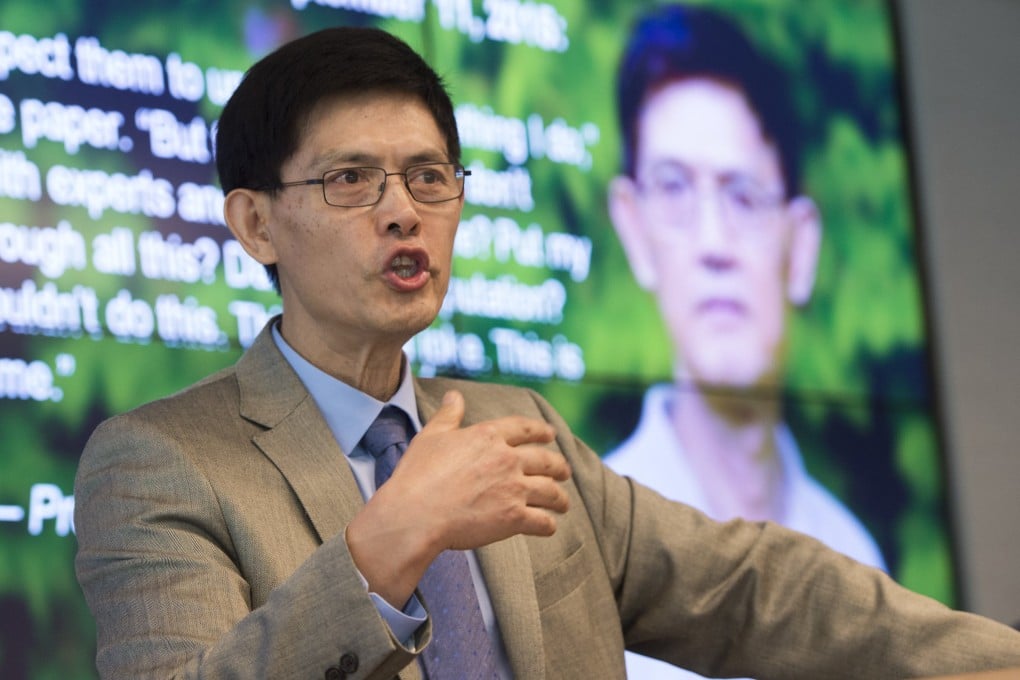US judge tosses claims by Chinese-born professor Xi Xiaoxing over FBI arrest
- The Temple University academic, his wife and young daughters were handcuffed at their home after he was accused of giving trade secrets to China
- The charges were later dropped, and Xi sued the US government, alleging that FBI agents knowingly made false statements regarding the matter

Lawyers for a Temple University professor said Friday they plan to appeal a federal court ruling that threw out most of his legal claims against the US government and an FBI agent that had accused him of giving trade secrets to China, then dropped charges.
Nine of 10 counts in the lawsuit by physics professor Xi Xiaoxing were dismissed Thursday, and his lawyers said the final count regarding surveillance of Xi would be dealt with in a separate decision.
Xi, a naturalised US citizen from China with expertise in thin film superconducting technology, was accused in 2015 of stealing sensitive technology involving his research. Charges were dropped when investigators realised the information shared did not amount to trade secrets.
Agents descended on his home in Penn Valley in the Philadelphia suburbs at dawn in May 2015, handcuffing him and his wife and young daughters.
Xi and family members sued in 2017, alleging Federal Bureau of Investigation agents knowingly made false statements regarding the matter.
He argued the FBI wrongly accused him of espionage because it did not understand the science behind his work in superconductivity. A message seeking comment was left with a Justice Department lawyer handling the case.
US District Judge Barclay Surrick said Xi’s claims involved judgments and decisions about the investigation and prosecution that are matters of discretion, and that his constitutional rights were not violated.

